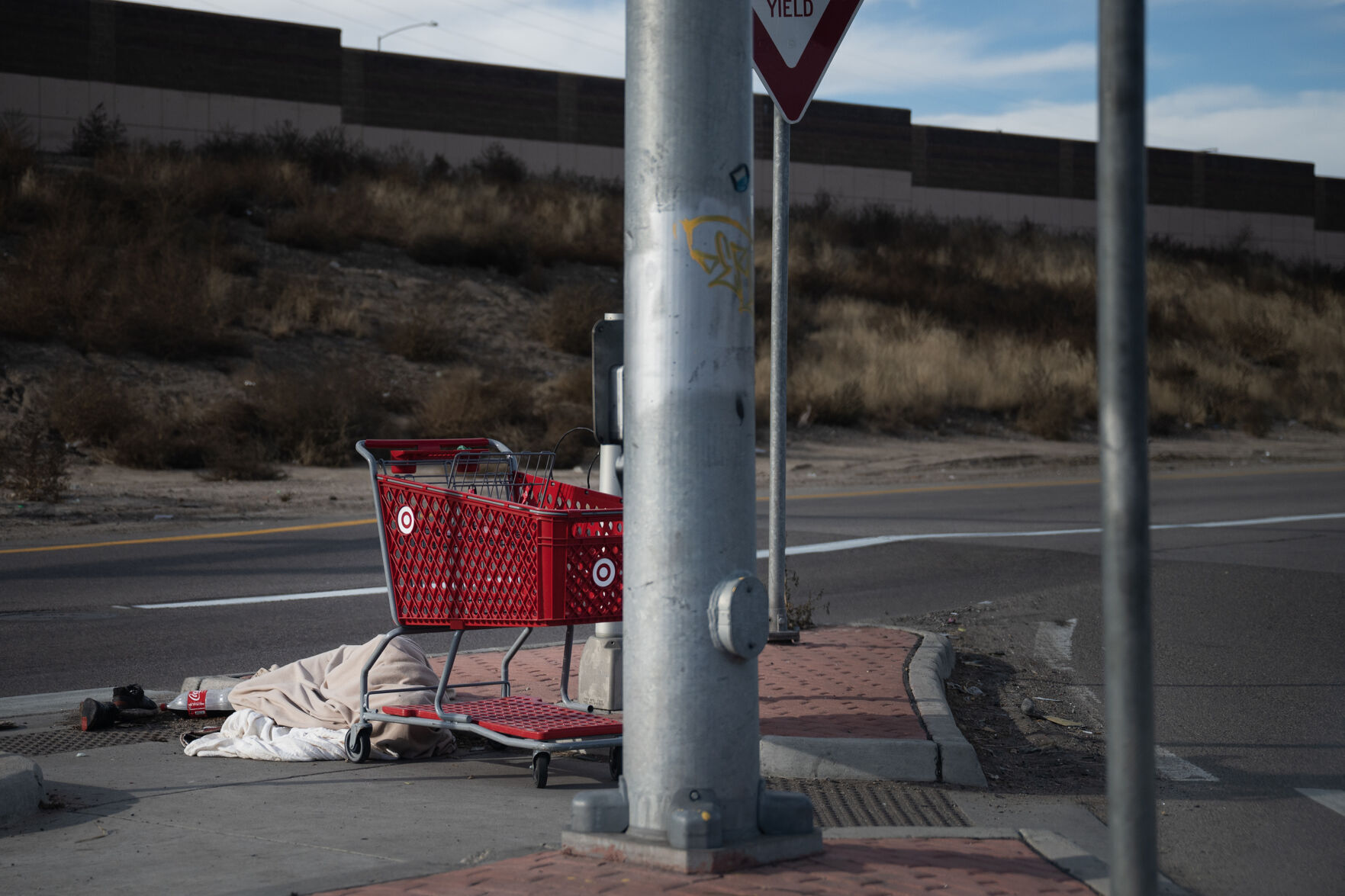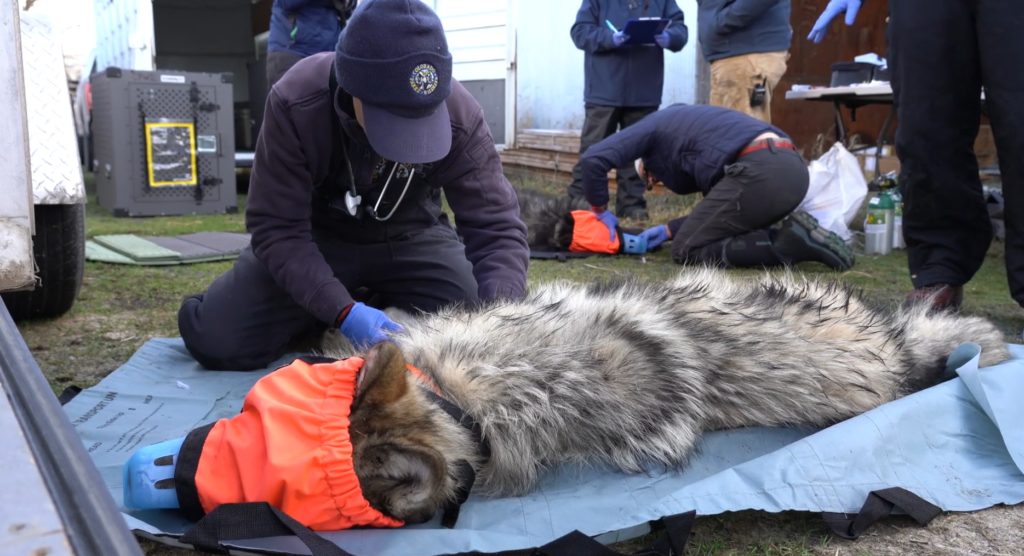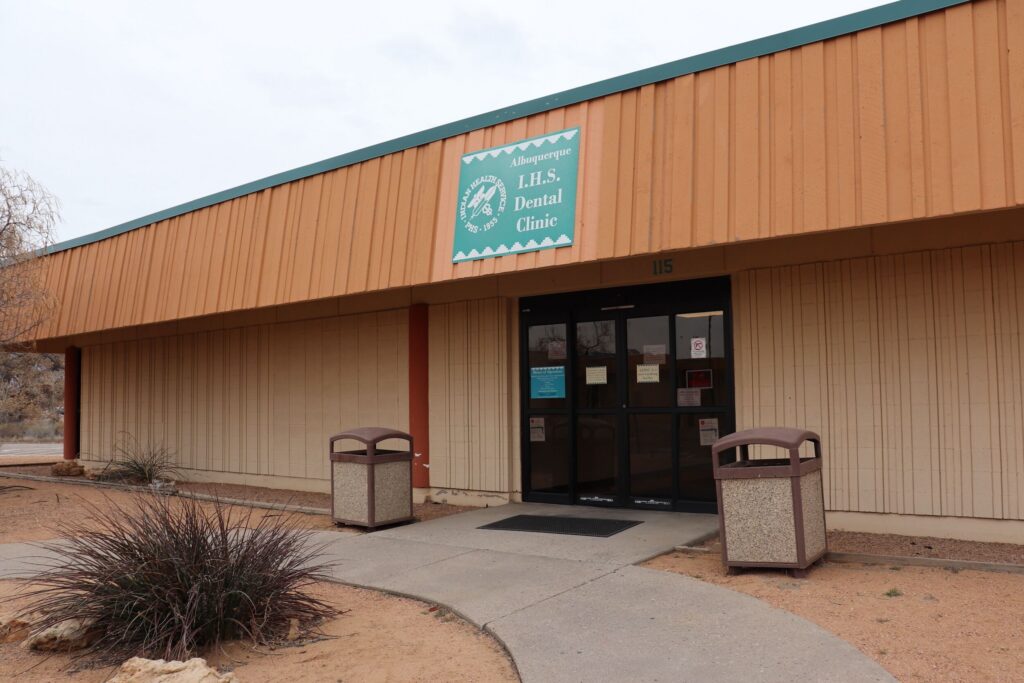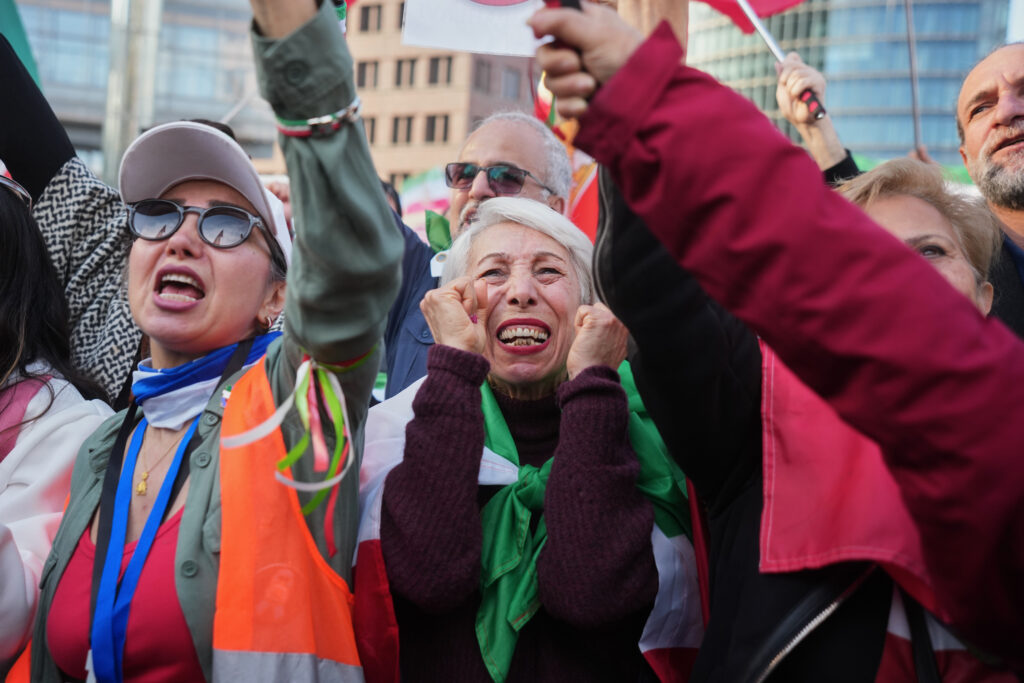Colorado Coalition for the Homeless, others face funding cuts in Aurora

Several organizations that provide services to homeless people in Aurora face cuts in the city’s proposed budget for next year following a dip in the local government’s revenues.
The recommendations appear to reflect a shift in the city’s priorities. Some of the funding would instead go to behavioral and recovery programs, as well as domestic violence services.
A city official described the priority as essential “life-saving” services.
The development came as a shock to some of the groups that deal with homelessness, which expressed disappointment in the decision but remained optimistic other funding sources would become available to cover the shortfall.
The groups, such as the Family Tree and Colorado Coalition for the Homeless, rely on funds from donors and cities like Aurora to maintain services to homeless people.
City staffers have recommended zero funding for both organizations in 2024.
Emma Knight, manager of Aurora’s homelessness and behavioral services, said funding levels – specifically from the marijuana tax revenue – are lower this year than they were going into 2023. Officials also cited depletion of COVID funding.
The city’s homelessness division, which has about $2 million available to spend, reviewed 25 applications from nonprofit and faith-based organizations and public agencies whose funding requests added up to more than $5 million.
Funding for 2024 comes from the Emergency Solutions Grant (ESG) and the Home Tenant-Based Rental Assistance Grant (Home-TBRA), both federal programs, as well as from two locals sources – the marijuana grant and the Public Safety Assistance Grant, formerly known as NEXUS.
The marijuana grant allocates $1.4 million to homelessness, while ESG earmarks just over $200,000. Meanwhile, the Public Safety Assistance Grant offers $140,000 and the Home-TBRA grant adds $200,000.
This time, the division prioritized funding for work that provides essential life-saving services, Knight said, adding many of the decisions to fund – or not fund – organizations went back to whether a program supports that priority.
Homelessness division officials recommended the money go to the following:
-
Over $900,000 to Mile High Behavioral Healthcare
-
Almost $300,000 to Aurora Housing Authority
-
$190,000 to Restoration Christian Ministries
-
$180,000 to the Salvation Army
-
$120,000 to Aurora Mental Health and Recovery
-
$85,000 to Gateway Domestic Violence
-
$75,000 to Colorado Safe Parking Initiative
-
$17,000 to SungateKids
They did not recommend earmarking any funds for Bridge House, Family Tree or the Colorado Coalition for the Homeless.
Aurora, which has been taking notes – notably from strategies used in Houston, Texas – is borrowing from “work-first” and “treatment-first” models by providing anyone in need with emergency services but offering more robust services to people who are participating in the workforce and receiving any behavioral health treatment they may need.
Aurora’s homeless population stood at 572 , down from 612 the year before, according to a point-in-time count that offers a single night’s snapshot of the crisis back in January.
By comparison, Denver saw the biggest increase in the number of homeless people – 5,818 as of January, up from 4,794 last year. Meanwhile, El Paso County saw a 17 percent drop in its homeless population – from a high of 1,562 in 2019 to 1,302 in January.
Some organizations that would still get city money next year will see cuts to their allocations.
Kristen Baluyot, the social services director for Salvation Army, said the cuts to its funding are disappointing, but she remains hopeful.
The Salvation Army has held different contracts with the city, providing services that included services for pallet shelter communities and rapid rehousing assistance.
Staffers recommended $180,000 for the Salvation Army through the marijuana tax, along with funds from the American Rescue Plan Act.
These two funding sources are “not sufficient to cover the operations of both safe outdoor spaces,” Baluyot said.
On Monday, the Salvation Army received word that the state might fund some of its pilot shelter programs, but Baluyot said she is not yet sure how much of the funding shortfall this will cover.
Baluyot said her organization is awaiting two “moving targets” – city funding and state dollars – to figure out if its funding for next year falls short.
Aside from contracts, the Salvation Army gets contributions from various foundations and private donors to fill the gaps state and local governments don’t fill, she said.
“Not only does (making budget cuts) impact the operations of those programs or agencies, what it really does is impact the services that the residents of Aurora will be able to access,” Baluyot said. “Any cut in funding to an already underserved population can be detrimental to those who need those services.”
Despite the possible funding shortfalls going into 2024, however, Baluyot said Aurora can create solutions, adding she hopes the city will get creative to ensure services for homeless people get appropriate funding.
“We have a very close working partnership and relationship with the city and we are in close discussion and coordination regarding funding solutions,” Baluyot said. “We’re working on closing those gaps in partnership with the city.”
Cassie Ratliff, the chief impact officer for Family Tree, said during Monday’s council meeting that they, too, are “extremely disappointed” in the proposed funding cut.
“This is funding that we were depending on to be able to provide services,” Ratliff said. “We were just really disappointed in that decision and we will continue to advocate for the needs of this program.”
Family Tree has operated in the Denver metro area for 47 years and its GOALS program aims to help stabilize homeless families and move them out of the situation through a two-generation approach. Money from Aurora accounted for 17 percent of its funding last year.
Last year, Family Tree received $97,000 in marijuana funds for its GOALS program.
This year, the city recommended cutting that funding entirely.
Ratliff told the Denver Gazette that, after Monday night’s meeting, she is optimistic the city will look for other ways to help fund Family Tree and other organizations.
Last year, the program provided over 12,000 nights of shelter to homeless families, 80 percent of whom moved into safe and stable housing, Ratliff said, adding the organization is staffed 24/7 and it is “essential” it stays open.
Like other groups, Family Tree is constantly fundraising and working with individuals, corporations, local businesses, foundations and government partners to maintain a diverse array of funding streams, said Katherine Lawson, the group’s chief development officer.
Cathy Alderman, a spokesperson for Colorado Coalition for the Homeless, said that, in the short term, the funding cut to her group will mean less support for rental assistance. In the long term, the coalition will have to find alternate ways to support onsite staff, she said.
The coalition provides support to homeless people by helping them get into housing and providing them with resources. The group is currently analyzing how the cut will impact its budget for next year and where it might have to make adjustments to maintain its programs, Alderman said.
Saying the coalition was “surprised and disappointed” to learn of the cut, Alderman accused the City Council of being “short-sighted” for withdrawing funding from what she described as programs that support low and fixed-income households. The decision puts those households at risk of entering the homelessness cycle, she said.
“While we recognize that budgets are tight and there are competing needs, we think council could have off-ramped some of these funds for us and other service providers, instead of just pulling the rug out from underneath us,” Alderman said. “I think the city council needs to better understand who these funds serve and what resources are available to help them.”
This is the second time the group has lost government funding in as many months. In October, Denver’s councilmembers rejected a $6.4 million, three-year contract with the Colorado Coalition for the Homeless following a request by Mayor Mike Johnston to do so, saying his administration needs more time to develop a “strong and fair” agreement.
Money for homeless programs has become a contentious topic among councilmembers in recent meetings, with some members seeking to maintain flat funding for organizations going into 2024 and others disagreeing with that approach.
Councilmember Alison Coombs, who is pushing for flat funding, argued that, if the city wants the groups to provide the same amount of work, they will need to receive the same or more amount.
“If we say to Salvation Army that we’re not going to provide them with level funding, then they’re not going to be able to provide us with the same level of service,” Coombs said.
Councilmember Danielle Jurinsky countered that the money given to the groups is never guaranteed year to year, and that they also need to be fundraising themselves.
“This is not just a guaranteed handout,” Jurinsky said. “For me (flat funding) is a firm no.”
“Go fundraise,” she said.














